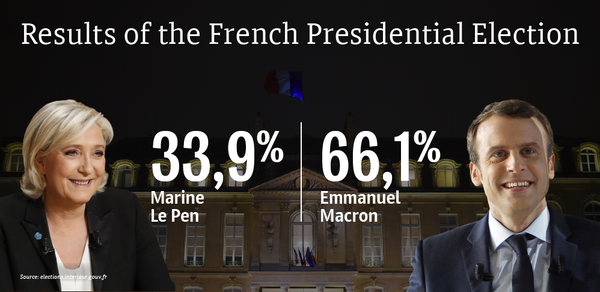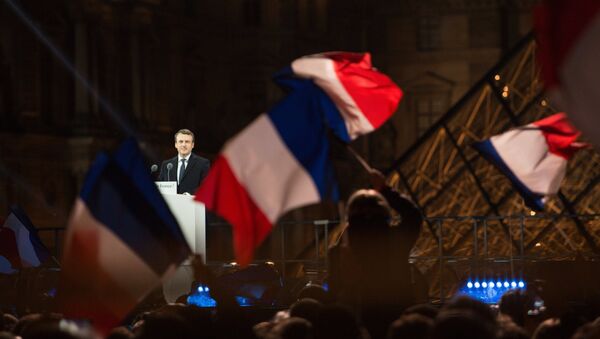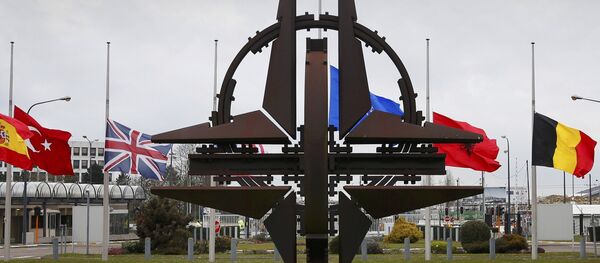"Macron's objectives would be difficult to realize. I think he has to move quickly from his perspective. He said that he will use the quick procedure to introduce labor reform," the analyst noted. "If he gets bogged down, if he doesn't have a powerful majority, it's going to be very difficult of course to have the basic capacity to push through these reforms."
Macron has promised to boost France's slow economic growth, battle high unemployment and promote competitiveness by reforming the labor market and simplifying the tax and pension systems.
Macron will also face opposition from other parties.
"Many on the left of French politics, particularly those people who voted for [Jean-Luc] Mélenchon, have said straight away that although they were pleased that Marine Le Pen was not elected they would robustly oppose attempts to cut the number of public servants and to bring down the debt in those proportions," Professor Cole said.
Jean-Luc Mélenchon, the founder of the La France insoumise (FI), received more than 19 percent of the vote in the first round, coming fourth after Macron, right wing Marine Le Pen and conservative François Fillon.
Marine Le Pen "actually doubled the number of votes by comparison to her father 15 years ago. I think in terms of the result itself she will be a little bit disappointed. The polls were putting her on 40 percent until the televised debate last Wednesday. In terms of the future, she clearly made a strong stake in her speech to head in a way the opposition. But I think this might be wishful thinking," he said.
France is heading toward the parliamentary elections scheduled to be held in mid-June, with 577 seats of the National Assembly up for grabs.
Have you heard the news? Sign up to our Telegram channel and we'll keep you up to speed!




